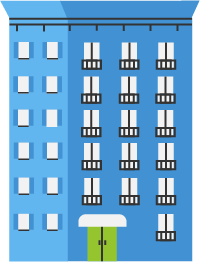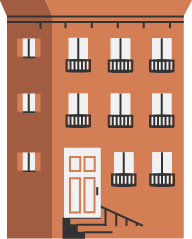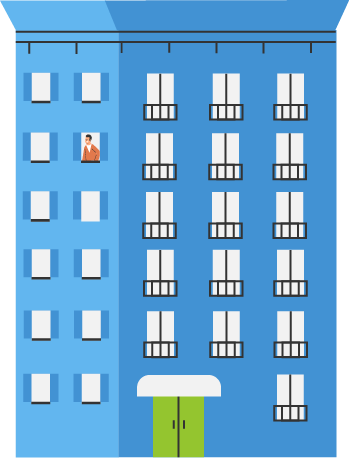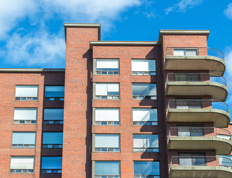If the co-owner or a third party is held responsible, the amount claimed is covered under civil liability in that person’s insurance policy.
8 things condo syndicates should know

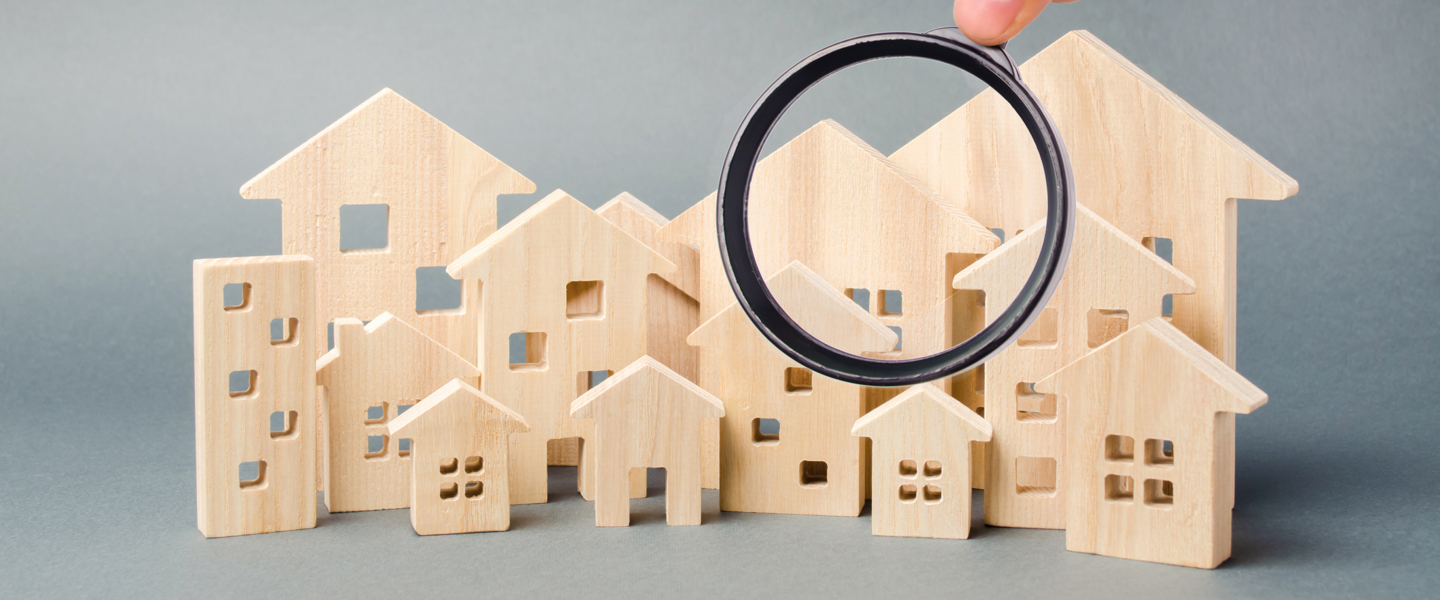
The laws and regulations governing co-ownership have resulted in various changes and obligations that are important to know, as are certain particularities relative to condo insurance.
1. Co-ownership building insurance
The syndicate must insure the building, including the units, the same as a homeowner would. The only exception: the improvements that are identifiable from the description of the private portions, which must be covered by the co-owner’s insurance policy.
2. Taking care of damage
Just like a homeowner, the syndicate must take care of any damage to its co‑ownership building, regardless of whether it happened in a common portion or a unit and whether or not it is covered.
3. Absence of coverage, insufficient insurance and decision not to claim
Just like a homeowner, if the syndicate does not have sufficient insurance or is not covered for the damage to the building or if it decides not to submit a claim, it must still have the damage repaired and hire a contractor if necessary. It can also apportion the cost among the co-owners (see point 5).
4. Syndicate’s deductible
This is the amount of a claim payable by the syndicate. The syndicate must cover this amount by withdrawing it from its self-insurance fund or apportioning it among all of the co-owners.
5. Apportioning the repair cost among the co-owners
The syndicate can apportion the amount of the damage not paid by its insurer, including its deductible, among all of the co-owners. And if it decides not to submit a claim, it can apportion the total cost of the damage.
6. Building maintenance
Maintaining the building is the responsibility of both the co-owners and their syndicate. The better the building is maintained, the better the insurance coverage, which means lower costs and a lower deductible for the syndicate. This will ultimately benefit all co-owners.
7. Self-insurance fund
The co-owner’s syndicate must create a self-insurance fund to, among other things, pay the deductible in the case of a loss. For example, this fund will quickly provide the money for repairs in the event of a major loss.
The fund amount must be equivalent to the highest deductible of the syndicate’s policy (as there may be more than one), with the exception of the flood and earthquake deductible. The law also specifies how the syndicate should capitalize the fund as it is used
8. Recourse against the responsible party
The union can sue a co-owner responsible only for the part not payable by their insurer (insufficient insurance) or their deductible. If the union is not covered for the damage suffered, it is therefore not payable by their insurer and the union can then sue the co-owner for the total amount, but only in the case of absence of insurance.
If a third party (a plumber, for example) is responsible, the syndicate could sue them for the portion not payable by their insurer and also for the total amount of damages, instead of claiming.
Reminder
co-ownership syndicate
condo insurance




